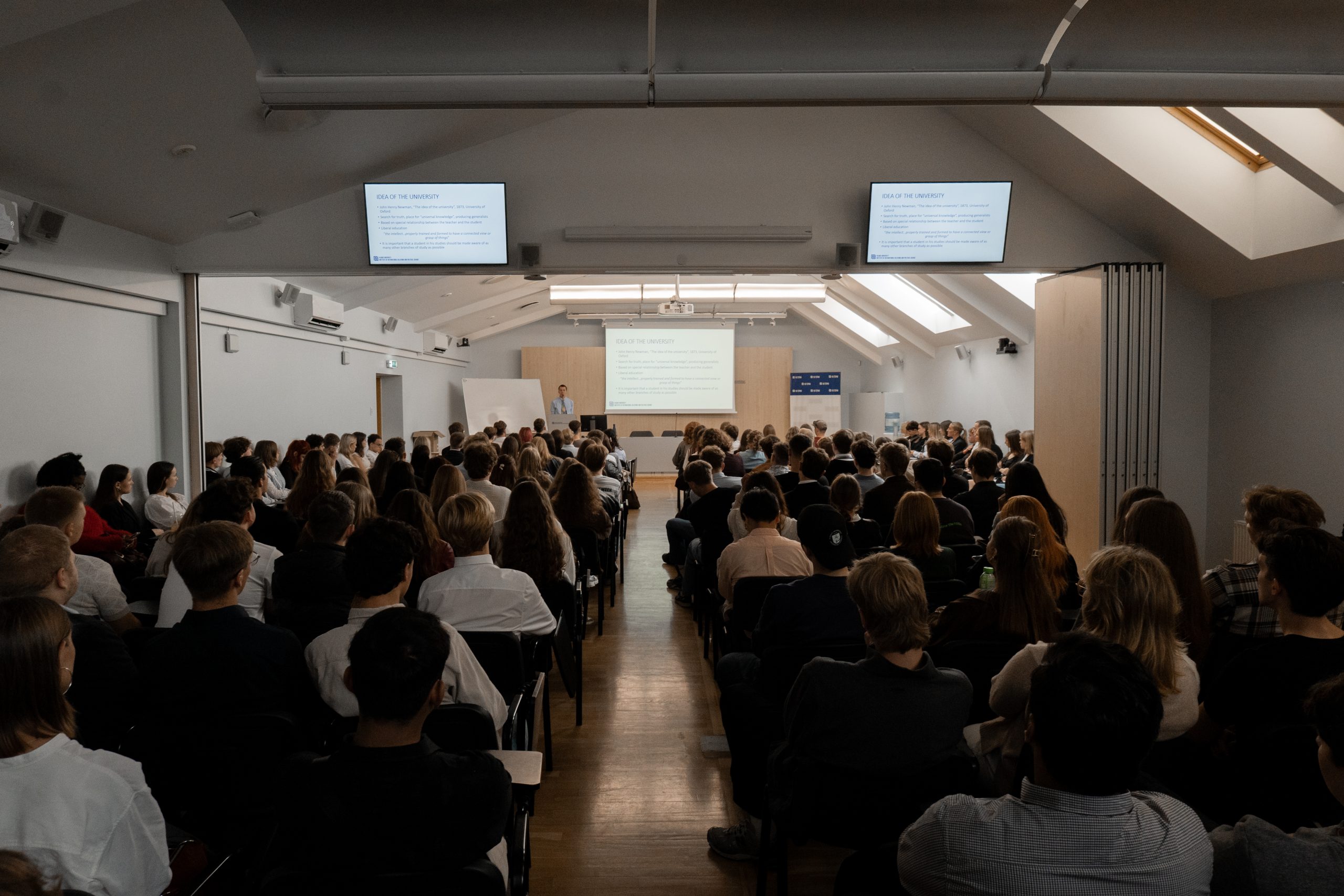Belarus and Belarusians today face one of the most turbulent periods in their modern history. Since the 2020 protests, repression inside the country has intensified, human rights conditions have deteriorated, and the regime has deepened its alliance with Moscow in the shadow of the war in Ukraine. These realities affect Belarusians at home and shape how the diaspora is perceived abroad. To analyze these political and geopolitical dynamics, the Institute of International Relations and Political Science at Vilnius University (VU IIRPS) will host the international conference “Belarus and Belarusians in the Time of Geopolitical Insecurities: Global Perceptions and Domestic Realities.”
A similar international conference was held at VU IIRPS in 2021, shortly after the protests shook Belarus. Four years later, the questions remain no less urgent. Repression has only deepened, the war in Ukraine has transformed regional security, and the Belarusian diaspora continues to confront stereotypes and political pressures. Returning to these issues, the conference underscores the importance of sustained academic and public dialogue on Belarus — not as a one-time reaction, but as an ongoing conversation about politics, geopolitics, and society.
The upcoming conference will bring together scholars and experts to discuss Belarus’s authoritarian regime, its role in regional security, and the challenges Belarusians face in exile. Panels will explore governance issues, European security, international policy responses, and debates on the Belarusian diaspora. The program also features the presentation of the Routledge Handbook of Contemporary Belarus.
Among the keynote speakers is Dr. Tatsiana Chulitskaya, a senior researcher at VU IIRPS specializing in civil society, democratization, and higher education in Eastern Europe. Reflecting on recent developments, she observes that “repression became much harsher, and human rights conditions deteriorated too much. At the same time, when all questions about Belarusians are reduced to security issues, we risk missing the complexity of their situation. An academic conference is the right platform to address these nuances”.
Dr. Chulitskaya also stresses the importance of challenging stereotypes about Belarusians abroad. Misconceptions — such as portraying Belarusians as passive, overly tolerant of authoritarianism, or unwilling to integrate into Lithuanian society — overlook the reality of living under an intensely repressive regime. “Today in Belarus, you can be arrested simply for a ‘like’ or an emoji on social media,” she explains. To illustrate the scale of fear, she draws a historical comparison: just as in Soviet Lithuania, people could quietly share views with family and friends but rarely go public, so in Belarus today, open resistance is met with immediate and brutal repression.
Beyond politics, she underlines the role of culture and exchange in strengthening ties: “People-to-people communication is crucial. When Belarusians share their culture and when students exchange experiences, it helps overcome stereotypes and builds understanding between societies”.
We warmly invite academics, students, policy professionals, and all those interested in Belarus to join the discussion on September 11-12 at VU IIRPS, Vokiečių g. 10, Vilnius.
The conference is not only about politics and geopolitics — it is also about people, lived experiences, and the human cost of repression. By coming together, asking questions, and listening, we can better understand Belarus and its place in Europe today.
More information about the program and speakers can be found on the event page.









